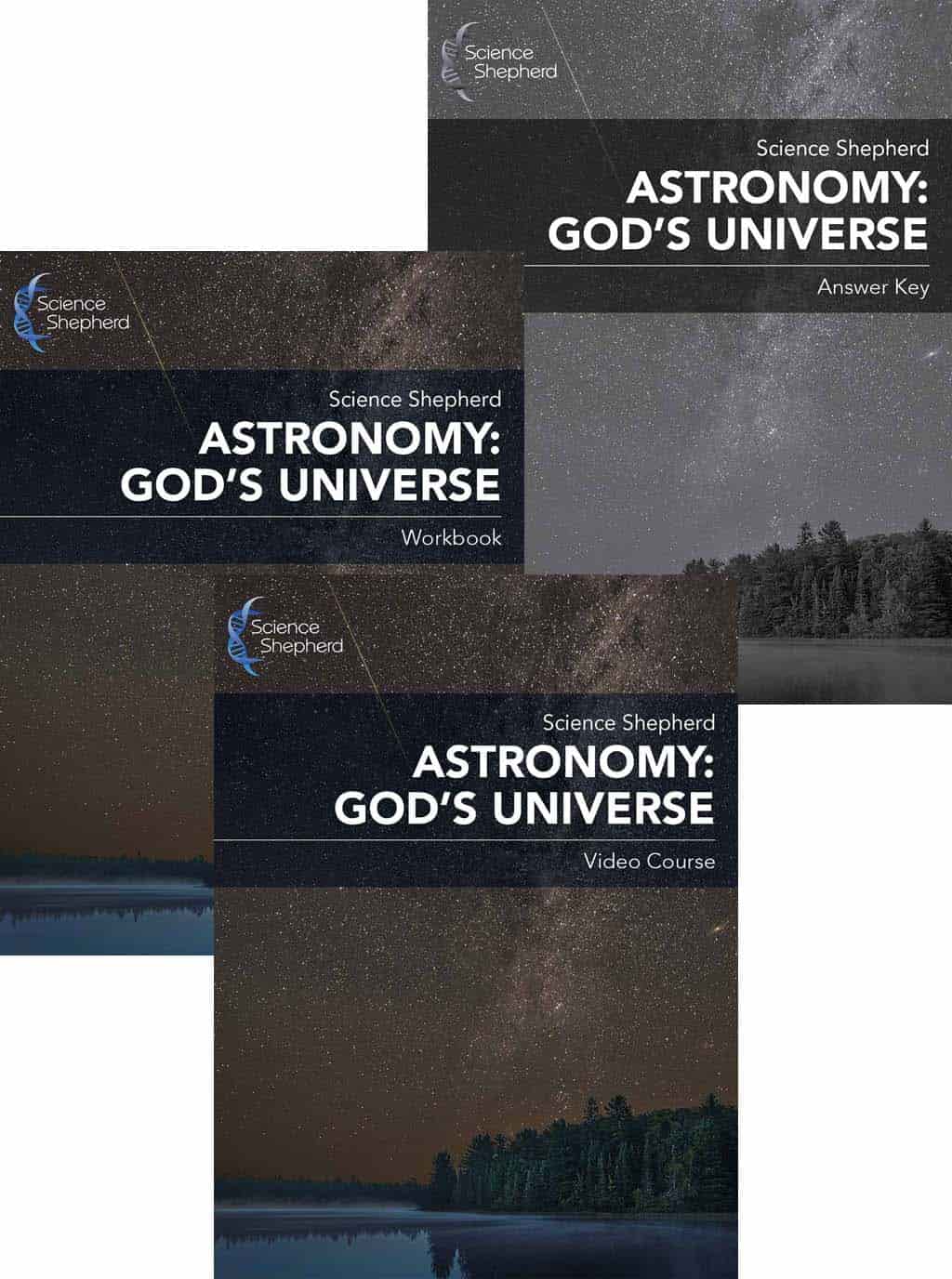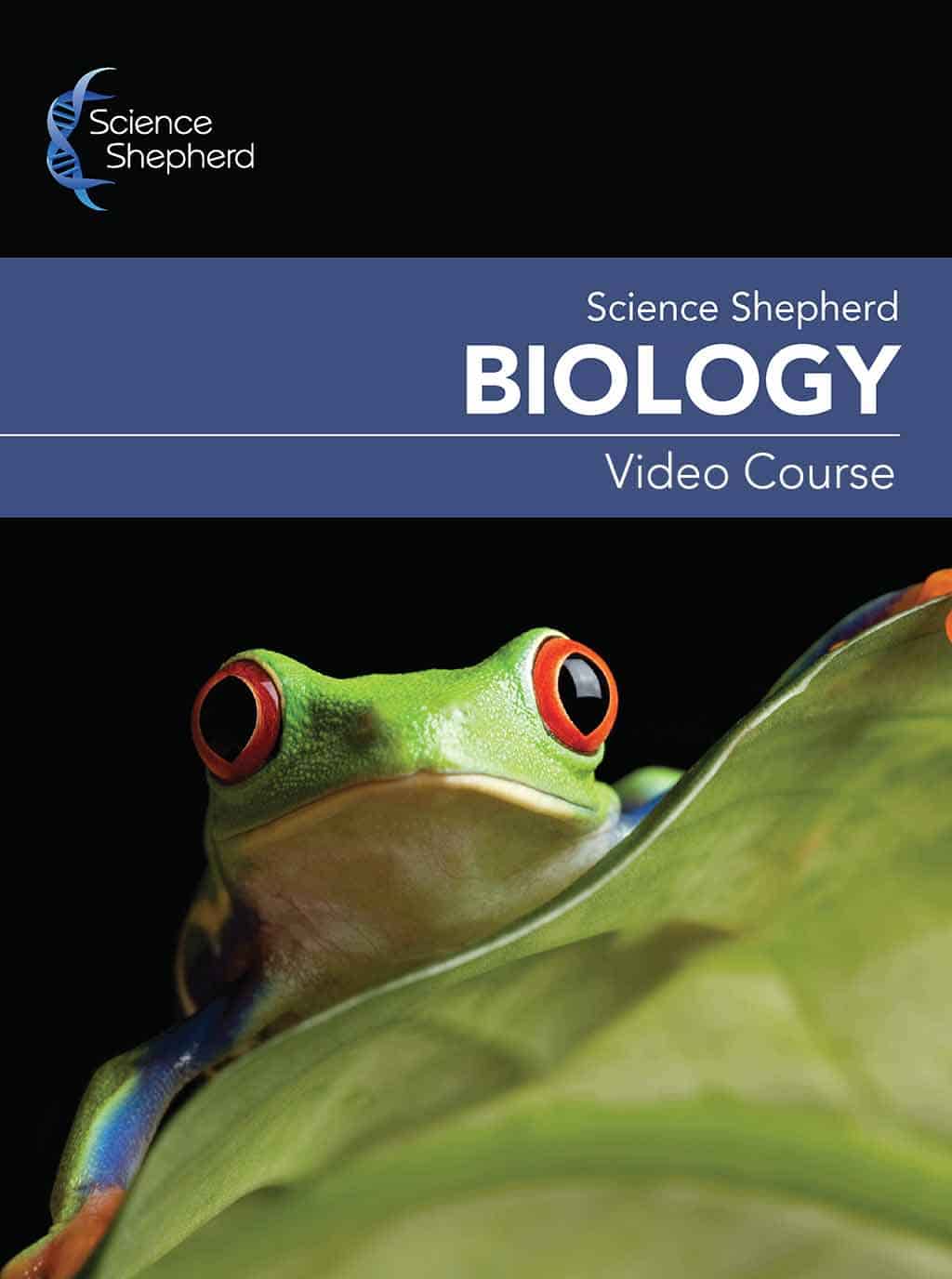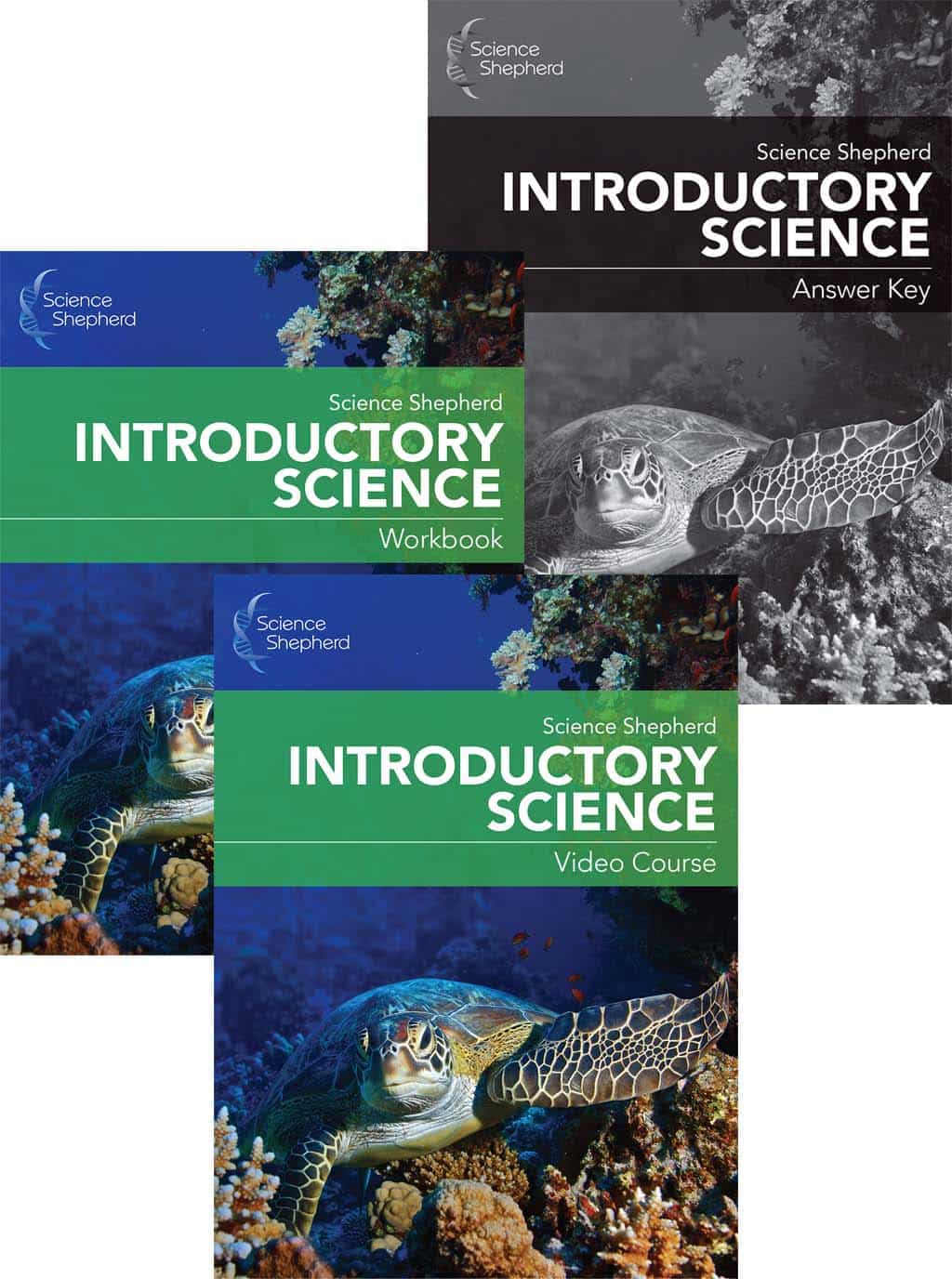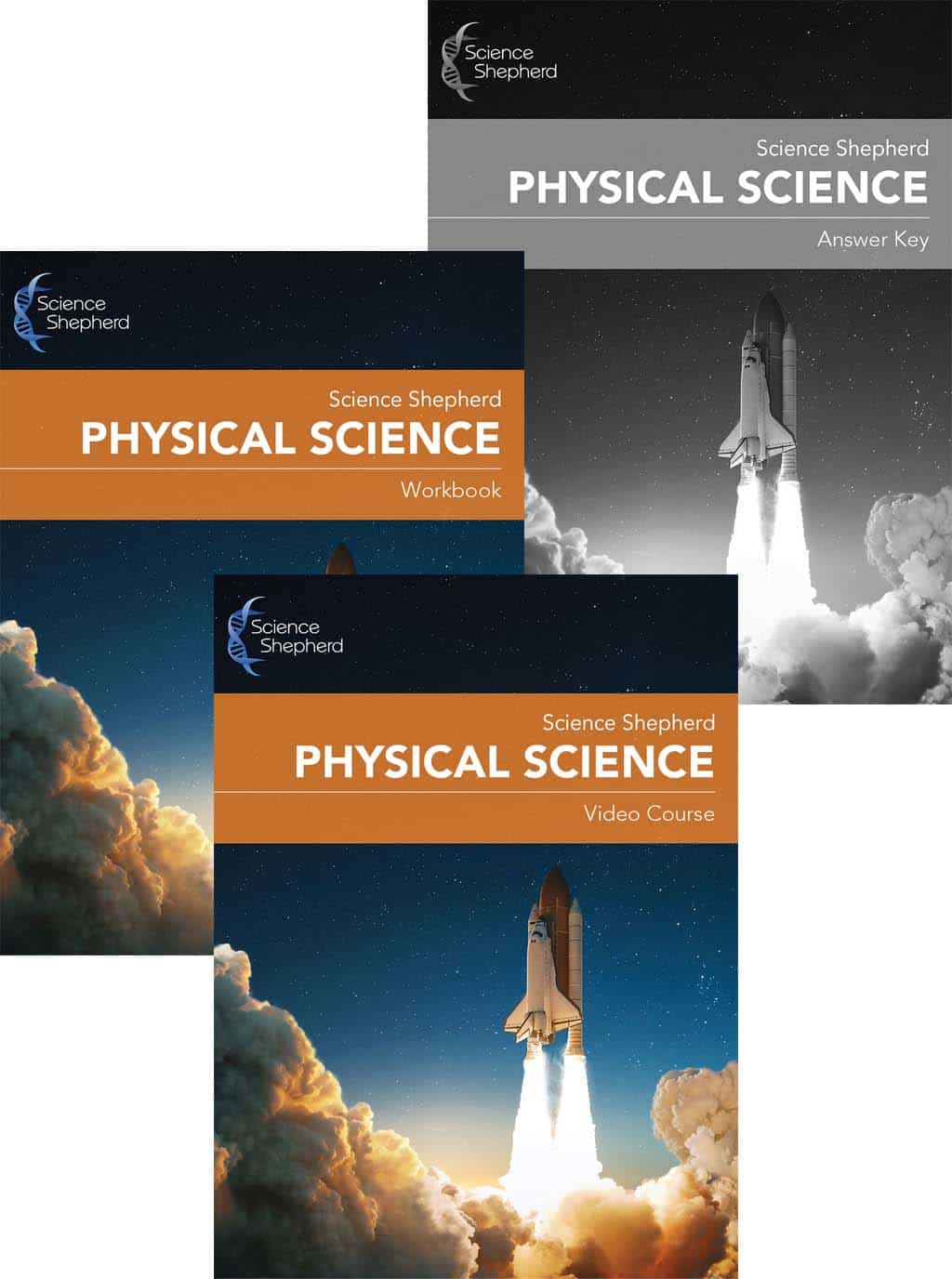With Love, Homeschool Science
by Bill Hardin February 13, 2024 7 min read
Helping You Homeschool Science, With Love
Each year around Valentine’s Day, we may be thinking a bit extra about love. As 1 Corinthians 16:14 says, “Let all that you do be done in love.” All that you do. That means, teaching science is included! Here are some ideas for how love could impact how we homeschool science. And, really, these principles can be applied to any subject!
In 1 Corinthians 13, we find a descriptive list that can help us understand what real, God-honoring love looks like. And while this passage is a favorite at weddings, it is not speaking of just married love. This is what love is supposed to look like no matter who we are loving. Let’s go through some of the words on this list and look at how they could affect how we teach science with love in our homeschools.
Love is patient and kind; love does not envy or boast; it is not arrogant or rude. It does not insist on its own way; it is not irritable or resentful; it does not rejoice at wrongdoing, but rejoices with the truth.
1 Corinthians 13:4-6
Note: This post is not meant to be a Biblical exposition on love but rather simply some ideas and thoughts to ponder.
1. Love is patient
Maybe you are one of those parents / grandparents / teachers who doesn’t struggle to use patience with your homeschooler. If so, thank the Lord and pray for the rest of us! For many of us, at times we may find that it's a little bit more challenging to be patient with our own children (who are also our students in a homeschool setting) than with anyone else. Whether we’re going over the same science term for the 500th time or we are dealing with the same behavior issue again, it can be so easy to lose our cool. But love is patient. May we model for our children taking a deep breath and staying calm one more time. May we use a calm voice, free of frustration, when our child mixes up the periodic table (again!). May we remember the occasions when we had a hard time learning a new concept and think about how we would want to be treated or what helped finally make things click. You may find that keeping a calm environment will also help your students think more clearly and behave better because they aren’t overstimulated.
You could also look at your own life and see if there are things that are causing YOU stress and adding to your impatience that you could change. Do you need to put your phone away for a while before and during science time? Do you need to declutter and organize so that you have a peaceful homeschool space to teach science? Do you need to prioritize getting time in God’s Word, better sleep or a workout for yourself? If it helps you teach science with love, it could be worth the effort.
2. Love is kind
What does kindness look like as we teach science? Maybe it looks like sharing an encouraging word when your student does well. “That’s great! Your hard work really paid off. I’m proud of you!” Maybe it looks like offering to help if your student is struggling. “I know it’s a lot to learn and you’ve had a long day. I could help you go over these flashcards.” Maybe it means making a tasty treat to eat during workbook time. Or maybe it means taking an extra day off if your student is sick or giving them a hug when they are discouraged.
3. Love does not envy
Unfortunately, our students aren’t the only ones tempted to envy. But what we envy might be different. For us parents and teachers, maybe we’re tempted to envy the family raising the next James Clerk Maxwell, or the family that's always taking expensive science-themed trips, or the family using that curriculum you've always wanted to try. Whatever we’re tempted to envy, let’s give it up to the Lord and ask Him to help us be grateful for, and good stewards of, what we do have. Science with love in this case might look like keeping a journal where we write down each day something we’re grateful for from our own life. It might look like cutting back on social media to avoid seeing things that tempt us to envy. It might mean looking at our own lives and figuring out that if we sell some things we don’t use or want any more, or if we eat an extra couple of meals at home each week we could buy that more expensive homeschool curriculum or go on that science fieldtrip that we would love to do.
4. Love does not boast
Maybe this will look like carefully choosing our words when we share about our own accomplishments or those of our student. Maybe it looks like making sure we give God the glory for what we’ve been able to do or at least pursuing that heart attitude.
5. Love is not arrogant
This is similar to “does not boast” because sometimes this might look like choosing to be quiet and just rejoice with someone else’s student’s success without having to talk about our own student’s success. It might look like reminding ourselves that our successes are ultimately from the Lord, not ourselves. May we have the humility to admit when we are wrong and to recognize when our students are right or when they have good ideas that we should consider.
6. Love is not rude
Perhaps this looks like not criticizing someone else’s homeschooling method or choice of curriculum for science. Not rude also goes hand in hand with being kind because when we are speaking and acting kindly with our students and fellow parents or teachers, we are not being rude. So if we need to end a habit of being rude, let’s replace it with being kind!
7. Love does not insist on its own way
As parents and teachers, it is sometimes (even often) right for us to insist on what is our own way, but this should not be only because it is our way, but also because it is right. That said, there are times for us to not insist on our own way. What does this look like when teaching science? Maybe it looks like selecting the curriculum that may not be your favorite but you know will be best for your student. Maybe it looks like letting your child do their work in a different but perfectly OK place that just isn’t what you had in mind, or in a way that is still OK but different from how you would do it. Maybe it looks like accepting that your child loves physics but can’t stand biology and loving them anyway (even though biology is your favorite).
8. Love is not irritable
Science with love in this case could look like being “slow to anger” (Psalm 103:8, Proverbs 14:29, James 1:19) and so reflecting God’s character. Instead of being irritable, may we choose patience, kindness, joy and peace. Maybe this means keeping a sticky note on our parent companion science book with “This is the day that the LORD has made; let us rejoice and be glad in it” (Psalm 118:24).
9. Love is not resentful
In this case, science with love may mean giving resentful thoughts some serious backtalk. “Hey, I get the opportunity to teach these kids science from a perspective that honors the Lord. And I don’t have to haul water from a river when I need to mop up the latest science experiment 'oops'!” Like with envy, gratitude can be a good antidote, and a sense of humor can help too! (Also, having students help clean up messes – especially those caused by shenanigans – might help you have a better attitude and may lessen such messes in the future.) Or, instead of resenting that we didn’t get to pursue the science education that we might have chosen for ourselves because of this or that, science with love might rejoice in getting to pursue science now with your students. And remember that it’s never too late to learn!
10. Love does not rejoice at wrongdoing
May we encourage our students to act in a way that shows real love to one another instead of hurting one another with their words. May we have the grace to recognize not only when our students do wrong but also when we ourselves do wrong. When we do wrong may we respond in a way that honors the Lord – with repentance – and may we rejoice with the truth.
11. Love rejoices with the truth
Science with love rejoices with the truth. This could look like marveling at all the truths we can learn about the Lord in science – from His creativity with the Great Plains Giant Tiger Beetle to His power displayed in the Milky Way. Maybe it looks like your child knowing both that you love them and that you rejoice in the truth, meaning you would rather see an honest C than a dishonest A. Science with love might look like having your student who thinks they want to be a marine biologist shadow a couple of people in that field to see if they actually like what that job is truly like. Perhaps it looks like rejoicing when your students speak the truth with love. May we as teachers always seek to teach the truth and rejoice in it.
Obviously, we will never get science with love right 100% of the time. What then? Then we get to come before our loving God and repent. We may also need to speak words like these to our student(s): “When I did __________, I wasn’t acting in a truly loving way. I want to live life with love the way the Lord wants me to, but I sure messed up that time. I’m really sorry. Will you forgive me?”
And while we will never get love right all the time – with science or anything else – the Creator God does. And He has such great love for sinners like us!
For God so loved the world, that he gave his only Son, that whoever believes in him should not perish but have eternal life.
John 3:16
We at Science Shepherd Homeschool Curriculum hope and pray that this Valentine’s Day you and your student(s) know God’s great love in your own lives.
Until next time!
Science Shepherd
Wondering if Science Shepherd Homeschool Curriculum could help you not only love homeschool science but also teach science with love? Take our quiz to find the best course to suit your needs or look at our recommended course progression page to get started.
“Scripture quotations are from The ESV® Bible (The Holy Bible, English Standard Version®), copyright © 2001 by Crossway, a publishing ministry of Good News Publishers. Used by permission. All rights reserved.”
Sign-Up Today!
Subscribe for the latest news and receive 10% off and a FREE resource!
Recent Articles
10% Off Your Next Order
Subscribe to our newsletter and we'll send you a code for 10% off an order
plus a free download of 5 Scientific Ways Your Kids Can Defend Their Faith.










